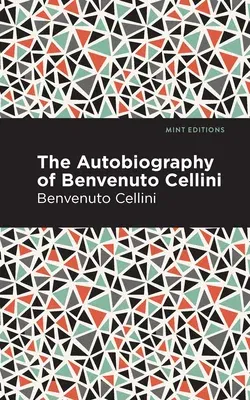Benvenuto Cellini started getting onto trouble at a young age. By age
sixteen, he had already been exiled from his hometown for six months due
to a public assault of another citizen. As a man with endless
talents--sculpting, drafting, writing, music, Cellini enjoyed dabbling
in many different art forms, a career that enabled him to travel to
various major cities. After apprenticing for a goldsmith, Cellini moved
to Rome at age nineteen. There, Pope Clement praised his work. However,
Cellini's relationship with Clement was the last time he stood in good
graces with a Pope. After insulting Pope Clément's successor, Pope
Farnese, Cellini left Rome to pursue work in France, fearing that he
would be arrested if he stayed. However, his travels did not protect him
from the wrath of Pope Farnese. After being accused of the theft of
precious Vatican items, Cellini was imprisoned. Deciding to take matters
into his own hands, Cellini organizes a prison escape. Though his feud
with Pope Farnese greatly complicated his life, Cellini relishes making
enemies, and finds humor in every situation he is in. With stories of
sexual conquests, murder, escapes, near-death experiences, and artistic
endeavors, Benvenuto Cellini reveals all the salacious details of his
exhilarating life.
Though he exposes many ugly personality traits that he possesses,
Cellini himself does not believe that he has faults, and only admits to
being wrong once in his life. Despite this, Cellini possesses an
influential amount of charisma, which is as evident in his written work
as it was in his life. Autobiography by Benvenuto Cellini provides a
privileged look into the social life of the Italian Renaissance, and
preserves the memory of the incredible artistic work of Cellini, most of
which has been lost to time. Because of the fascinating and atypical
life Cellini led, paired with his charisma and humor, Autobiography
has remained to feel exciting and relevant to a modern audience, both
for entertainment and educational purposes.
Now with an eye-catching cover design and printed in a readable font,
Benvenuto Cellini's Autobiography is accessible for a contemporary
audience, preserving the wit and grandeur of work, while renovating it
to appeal to a modern audience.


